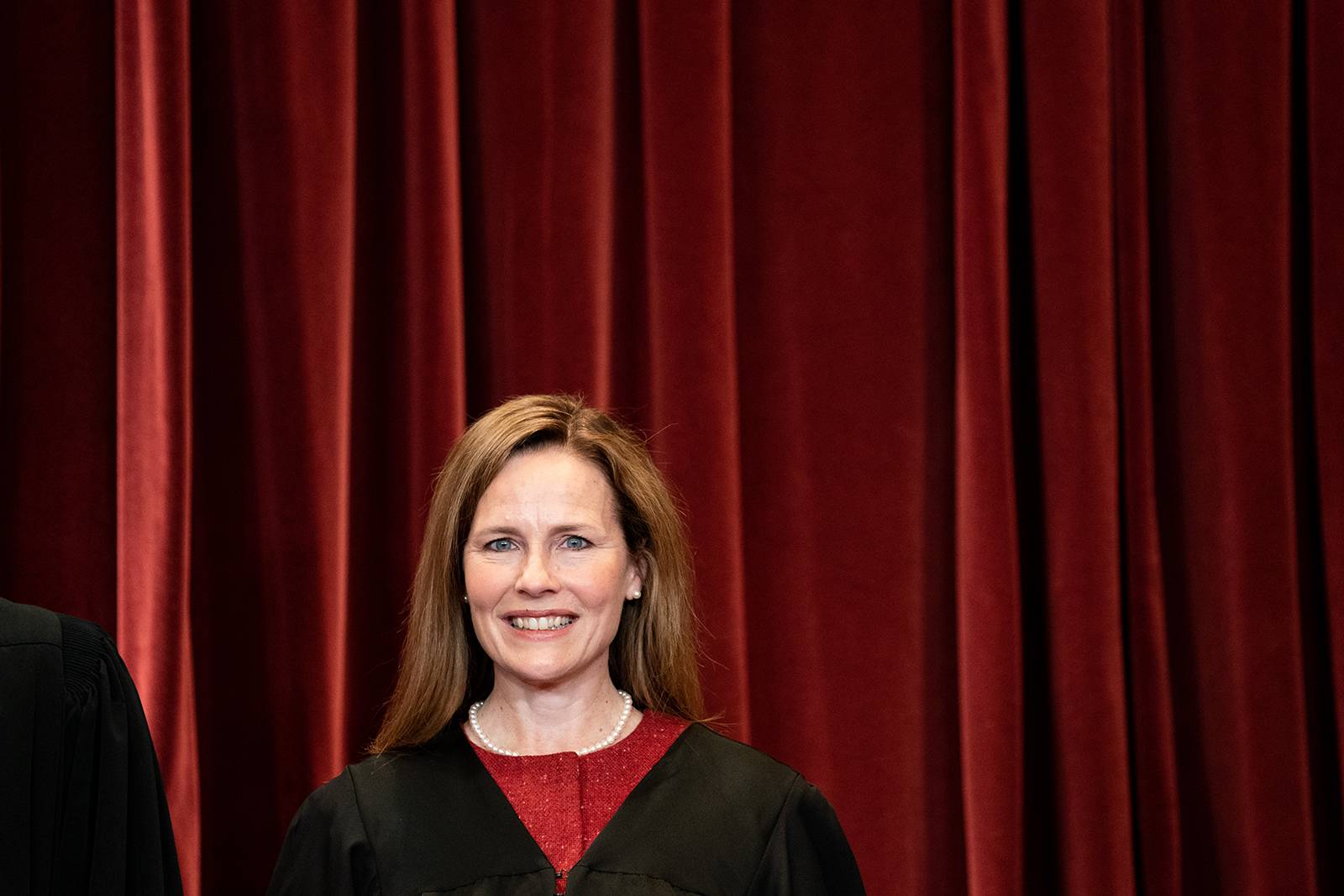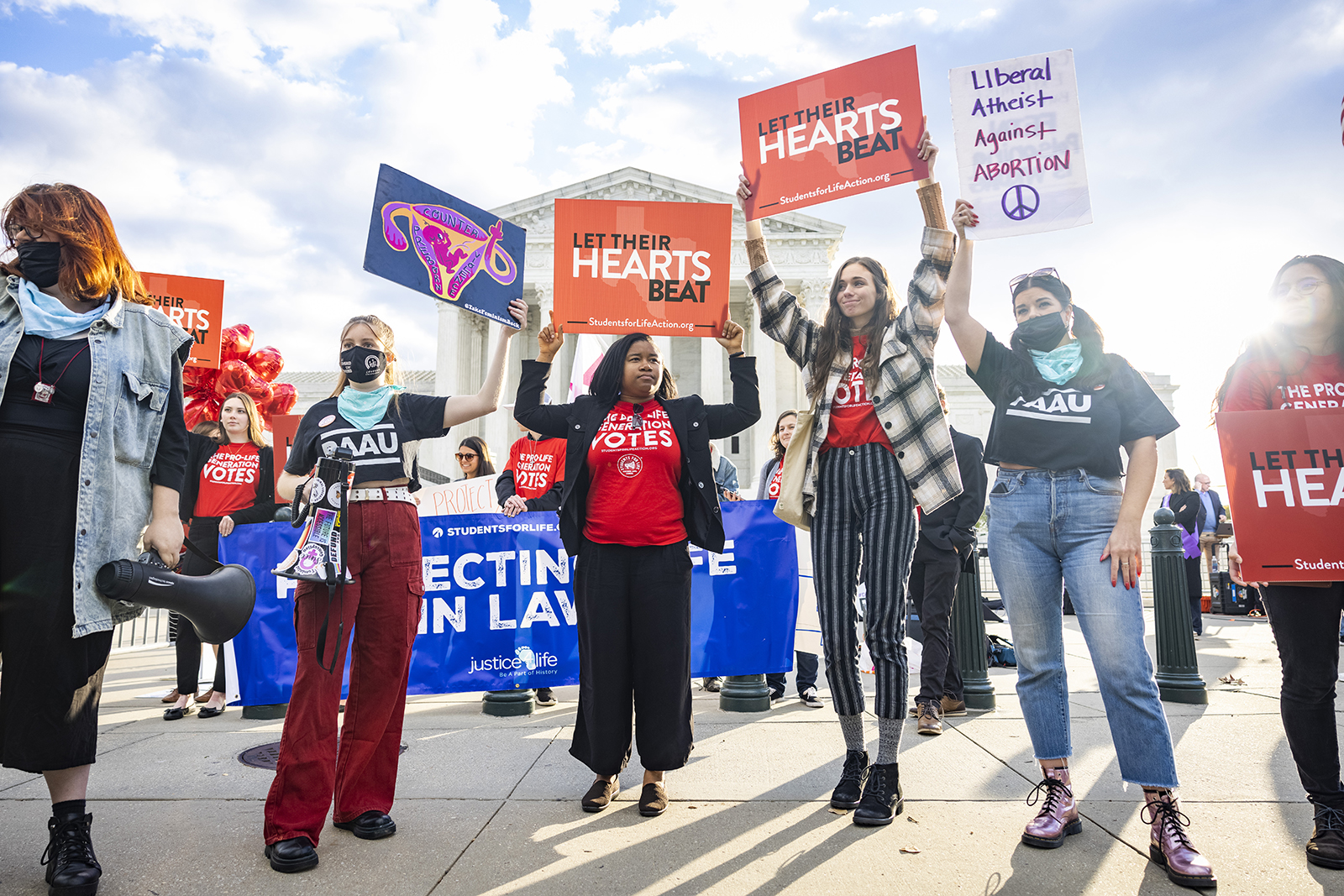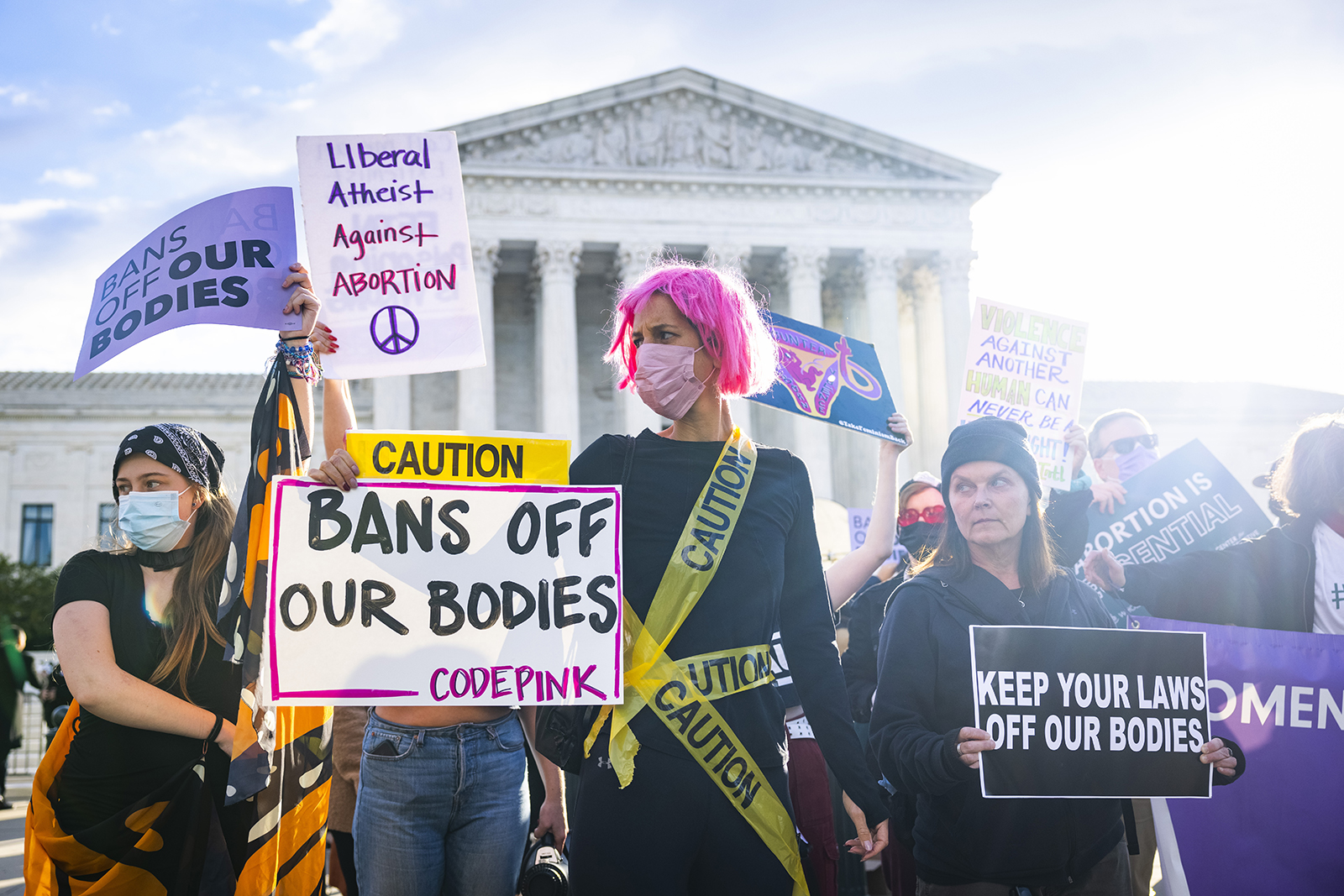Ordinarily, sovereign immunity prevents individuals from suing government officials and officers. But what happens when those government officials are acting unconstitutionally, enforcing an unconstitutional law?
In 1908, the Supreme Court established an exception to this sovereign immunity principle in a case called Ex Parte Young, allowing individuals to sue and enjoin government officials from acting when they enforce unconstitutional laws.
But individual plaintiffs cannot simply sue the state or any government official they’d like to. Instead, they must show a nexus between the government official being sued, and the purported unlawful act enforcing the unconstitutional law.
CNN legal analyst and University of Texas Law professor Steve Vladeck says it matters here for two reasons:
“On one hand, the Supreme Court in Young recognized that those whose constitutional rights are being violated by state officers should be allowed to sue those officers and obtain an injunction barring the state officers from continuing to violate the Constitution.
On the other hand, Young also suggested that state judges would not usually be the proper defendants unless they were directly responsible for the violation. The question is which of these principles yields in a case, like this one, in which the state has no role in enforcing its law—and has outsourced enforcement to private parties.”





